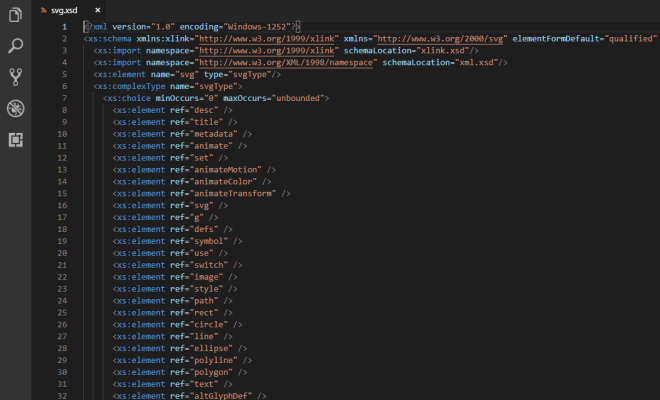What Is an XSD File?

An XSD file, also known as an XML Schema Definition file, is a file format used to define the structure, elements, and attributes of XML data. XML is a widely used language for storing and exchanging data between different systems and applications, and as such, XSD files play a crucial role in ensuring the accuracy and consistency of XML data.
At its core, an XSD file is a set of rules and guidelines that define the schema or structure of an XML document. This includes the names and types of elements that can be used, the order in which they appear, and any related attributes that may be associated with them. XSD files can also define any constraints or restrictions on the data contained within an XML document, such as the range of valid values or the length of a particular element or attribute.
One of the key benefits of using XSD files is that they help ensure the validity and integrity of XML data. By defining the structure and constraints of XML documents, XSD files enable developers to identify and correct errors or inconsistencies in the data. This can help improve the accuracy and reliability of data exchange between different systems and applications.
Another advantage of XSD files is that they are platform-independent and can be used across a wide range of programming languages and software applications. This makes them a popular choice for developers and businesses that need to exchange data between different systems or integrate with third-party applications.
In addition, XSD files can be used for a variety of purposes beyond defining the structure of XML data. For example, they can be used to validate XML data during processing or to generate documentation for XML documents.
Overall, XSD files are an essential tool for any software developer or business that works with XML data. By providing a standardized way to define the structure and constraints of XML documents, XSD files help ensure the accuracy and consistency of data exchange between different systems and applications.





